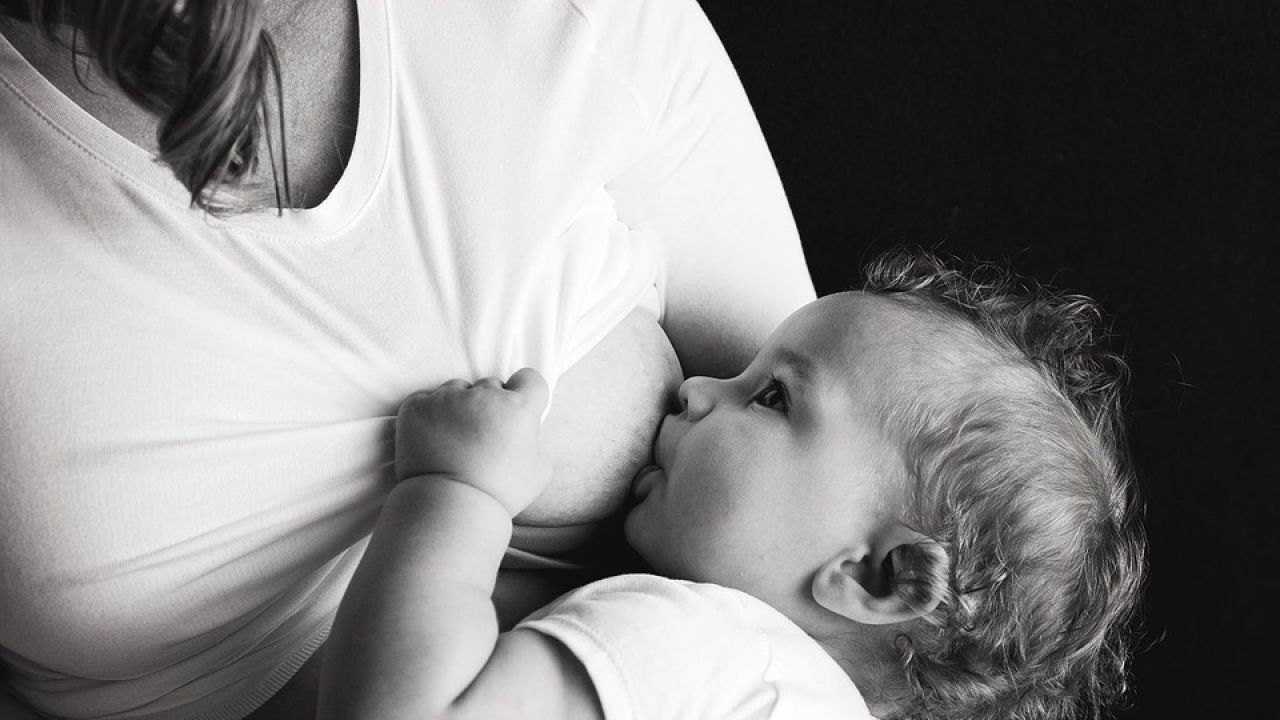Sifting stigmas
In the Breastfeeding Awareness Month of August, people should shed the psychological taboos associated with the natural act, and normalise it by adopting proper mindset and establishing breastfeeding amenities in public places

Take the most natural thing you can imagine like eating a sandwich, and now imagine being told that you can eat it but not in public. Why? Because those around you choose to stare and make you uncomfortable, even rebuke and shift the blame on you. This is what the breastfeeding journey of most mothers and babies looks like in the present times.
Recently a man went viral because he posted on a social media site asking if he was wrong for insisting his sister stop breastfeeding in front of his wedding guests. Hell broke loose as he got major backlash, but had some supporters too.
In 2022, breastfeeding continues to be a touchy topic in our society. While breastfeeding is a baby and mother's right alike, many choose to embarrass those who breastfeed in public. To breastfeed or not to breastfeed? The royal conundrum.
Our society lives in constant double standards. While there are a plethora of advertisements issued in public interest promoting breastfeeding for as long as possible, on the other hand, we have individuals with the mentality that women should be confined to their homes throughout their breastfeeding journey.
Breastfeeding comes with a great deal of pain (pun intended for some) and is hard to cope with. Most women who have ever breastfed have reported the following psychological issues around breastfeeding at some or other point of time:
• Worry about breastfeeding
• Anxiety and self-doubt that their new-born isn't getting enough milk
• Shamed by society for choosing to breastfeed in public places
• Shamed to breastfeed for a long time (WHO recommends breastfeeding exclusively for 6 months at least and continuing until two years and beyond)
• Low mood and distress due to harassment by onlookers
• Resorting to unsanitary places to breastfeed
• Demoralising and judgemental remarks from others
• Comparison from your 'friendly' aunt that her supply was better than yours
• Shame and judgement for choosing not to breastfeed
India and breastfeeding
Public breastfeeding is legal in most countries. While breastfeeding is very much legal in our country as well, it is often met with onlookers ogling at the mother. Another paradox is that rural India has higher breastfeeding mothers than urban India.
Workplaces in India and breastfeeding
Policies are in flux and are being created by the growing demand. The Maternity Benefit Act requires employers to provide nursing breaks of prescribed duration for new mothers to express breast milk for the nursing child. These nursing breaks are fully paid and are available until a child reaches the age of 15 months.
However, we have all heard of the case of someone being asked to pump in the bathroom since many offices have a space crunch.
Public areas
One major worry is the lack of amenities in public areas to breastfeed. Bus stops, and railway stations don't have any scope of these, and even many shopping malls don't provide a clean safe environment to pump or feed a crying child. Major Indian Airports have to change tables and feeding rooms. (Limited to one sometimes) but most others don't even have one.
Normalising breastfeeding
• Let us normalise this natural phenomenon.
• Nothing to look at here: As a society, we need to stop sexualising the idea of associating breasts with embarrassment.
• Power of choice: Let the mother choose whether she wishes to use formula or breast milk and not resort to instant judgements.
• Breastfeeding advocate and ally: You too can advocate breastfeeding by creating awareness, adopting a non-judgemental attitude and supporting mothers. You don't need to be a woman, or mother or even breastfeeding to be an ally.
• Acceptance: If we all want to help fight such issues then the solution is purely 'psychological' to start with. Let us all change how we think. Work on our mindset. Accept it as normal.
• August is celebrated as Breastfeeding Awareness month.
Send your questions to [email protected]



